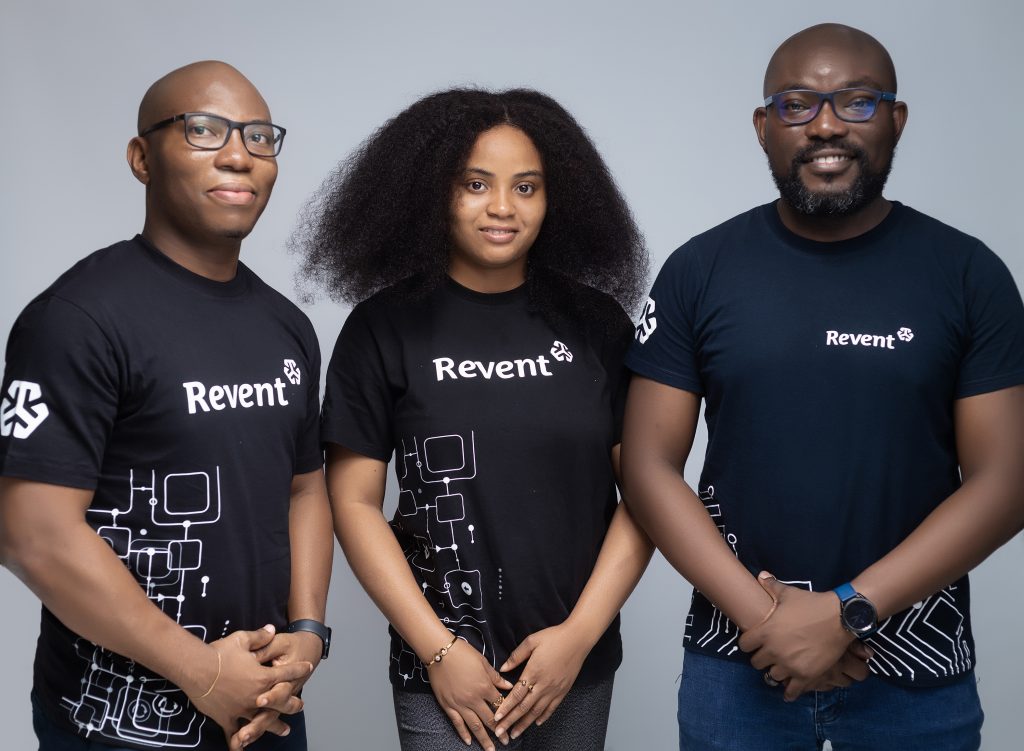I’ve always been fascinated by FourSquare. It is like a Phoenix that keeps on rising from the ashes of defeat.
There was the debacle of splitting the core app, which eventually morphed into a new app — Swarm, humiliation of a very public down round, then employees leaving in droves, etc. Contrast that with the latest wins like the huge Uber deal which allows Uber to tap into its location data (a similar service is being offered to other big name brands like Apple, Twitter, Microsoft and more). It’s even gotten a bounce from the recent Pokemon craze. In short, it’s been a remarkable rollercoaster ride for FourSquare; swinging from hot startup, to dead-man walking status and back to cool again.
Compare FourSquare’s resurgence to the fate that befalls many-a-product that Google releases. Once they’re struggling for traction, Google simply kills them off. In a lot of cases, this is not because no one loves or makes use of those products. Instead it’s because engagement is not at a scale that’s deemed ‘successful’ or makes commercial sense, for a company of Google’s magnitude. In summary, if Google had a division or product that behaved like FourSquare, it would be dead.
So how can one relate the above to Nigeria? What lessons are available here for us? Is it that Geolocation data wins eventually? Or focused technical leadership of co-founder Dennis Cowley is the master key? Or if you’re going to have mixed fortunes like FourSquare, you better not have Google as a parent company? Sorry to disappoint you, but there’s no direct correlation that we can draw on. Given that Nigeria is definitely not America or Europe, the environments are so different, that one should be wary of comparable narratives. So the first thing to take away here is — Choose your narratives carefully.
But the real lesson is more nuanced. It’s simply that we need time for our startups to thrive. FourSquare had time. Yes, they had loads of cash to get them there ($100m in funding till date), but the passage of time allowed them the headroom to refine their vision, develop the technological backbone they needed and find a sustainable business model. However, this is Nigeria and most startups have limited access to funding opportunities.
So here’s the thing I am going to tell you…something no one else will. Maybe there’s another way for us to approach how we build our startups, which actively takes time into consideration. Unlike FourSquare, we don’t have the luxury of buckets and buckets of cash to spend, to buy us that time, even though we need it. Why does time even matter? This is because we have structural problems which pose unique challenges to every business (including startups). For instance how do you;
• Sell in a country where average income is less than $2 a day
• Work with our deep infrastructural decay which affects areas like logistics, electricity, etc in a way that’s scalable
• Bridge the skill gaps that appears to plague the country because of our deplorable education system
• Poor rule of law on one end, regulatory capture by incumbents on the other
(Note: any of the above can be said to be solvable problems and indeed technology can and will be used to leapfrog solutions)
Now I’m conscious that we’ve made commendable progress in several areas in the startup scene. For instance, eCommerce is now a thing. It’s grown so much, we now have a small army of experts. Similar progress has been made in payments, logistics etc. It’s also led to a proliferation of startups in the latest ‘hot’ space. But rather than attempt to say what startups should be working on (like here and here), I believe we should use time as a lens to frame our approach in below 2 ways;
Nigeria Edition: Choose Long Term Goals Carefully
All over the world (including Nigeria), entrepreneurs are advised to choose projects that they’re passionate about solving and/or have some level of domain expertise. Totally makes sense, right?
However, if you look at Nigerian specific factors (e.g those listed above), then it’s reasonable to deduce that you would require more time to hit a homerun. Then surely, it makes a lot of sense to put this into consideration, before deciding on what project to embark on, in the first place.
For instance, if you knew you would be working on that project for 10 years (Nigeria) instead of 6 years (U.S), would you do it? Yes, your goal can be pragmatic (for instance $100m is not available to you), but not an excuse to not be audacious in reach.
Why is this even important? Robert Fritz from his book, ‘The path of Least Resistance’ has this to say;
“If you limit your choices only to what seems possible or reasonable, you disconnect yourself from what you truly want, and all that is left is a compromise.”
Of course, an additional benefit of picking a project you’re passionate about is that, like wine, you get better, over time. If we go back to FourSquare example, Dennis Crowley pretty much spent his whole life solving this one problem he was passionate about — how to find his friends. He co-founded Dodgeball and sold it off to Google (who unsurprisingly killed it), before co-founding FourSquare. They’re both location based startups.
An example closer to home might be said to be Ezra, who previously co-founded Eyowo and is now a co-founder of PayStack, both payment startups.
Picking your goals has a ripple effect on key decisions like what co-founders to recruit, funding requirements, etc, but to do so without looking at time scale, is a costly oversight.
Motivation and Incentives
I believe we have this wrong in 3 ways; internally (how our startups are run), externally (how we find users/customers) and as a tech ecosystem. They impact on time in the following ways;
Internally
We have a weird way of working in Nigeria (which is not limited to startups). It’s a mixture of deep hierarchies, lack of meritocracy, intolerance of divergent views, viewing negative feedback as personal attacks, etc which results in a dysfunctional work environment.
The good news is that startups can choose to be better than the average Nigerian business. To do this, we have to be deliberate in creating a culture where great work is possible. We need to learn how to motivate people who are by nature autonomous (developers, designers, digital marketers etc).
Daniel Pink in his book ‘Drive’ succinctly explains;
“Autonomous people working toward mastery perform at very high levels. But those who do so in the service of some greater objective can achieve even more. The most deeply motivated people not to mention those who are most productive and satisfied — hitch their desires to a cause larger than themselves.”
There are so many perks (free meals, drycleaning, sleek offices etc), we can emulate from western startups. But I believe one of the best, is providing a sane workplace. Let’s motivate our people to be their best selves, in that way, we stand a better chance of carving a great team that can actually make great products. Products that people will pay for. This is a crucial point worth noting, because notwithstanding any external funding received, revenue from customers extends your runway. It gives you more time. And it all starts from motivating your people.
Externally
While it’s good to cater for the Nigerian reality, the way we incentivise our users can be better. Our time horizon appears to be heavily tilted towards short term impact. An obvious example is cash on delivery (COD) in eCommerce space, which in a lot of people’s opinion (including mine), has had an overall adverse effect. The point is we should be super wary of unintended consequences. Don’t win the battle and lose the war. If you so desire, there’s a good book by Alfie Kohn ‘Punished by Rewards’ which does a great job detailing while we should be careful with incentives. I especially like below from him;
“when we are working for a reward, we do exactly what is necessary to get it, and no more”
Incentives may encourage activity, but there’s a risk that it impacts negatively on quality, commitment and engagement. Collectively, there are too many shortcut incentives thrown around in the name of ‘growth hacks’, which ends up affecting ‘the market’. In short, it affects us all. Instead we should be taking a long term view of what it takes for our customers to love our services.
Tech Ecosystem
We have to do a better job in highlighting the stories of makers in our ecosystem. A great example of where this is been done right is TechPoint’s Expert section which throws the spotlight on folks like Eduofon Japhet and Saudat Salami, but there are loads of others and we should consciously celebrate them. For instance, Henry Nnalue who’s a co-founder of Klipboard is doing a great job changing how schools are organised, with his Edtech startup.
Conversely, founders should also realise that it’s possible to do 5 star work (delight your users/customers) and not be featured in tech press or applauded by peers. This shouldn’t be your overriding motivation. There’s pride in delivering quality work irrespective of external validation. If one takes time into consideration and realises there’s still a lot to do, it might help put things into perspective.
Finally, here are 2 things you and I know to be true; 1) It’s now cheaper and easier to launch a startup. 2) Small groups of people can still do great things. All we need is “some time to prove that our new vision can become a reality”*
[separator type=”thin”]
*A direct quote from FourSquare after raising $45m appealing for more time to ensure ‘they have a lot of options down the line’.
[separator type=”thick”]
Editor’s Note: This article was first published on Ade “Papa” Olabode’s Medium Page. Ade is the founder/CEO of Prognostore, a 3-in-1 point-of-sale and inventory solution that helps small business owners run their businesses smarter.











